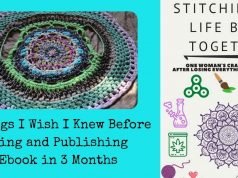This article is part 2 of a longer series, called Does Unschooling Have Natural Limits? Please subscribe to get future installments.
I came to unschooling as a young mother, looking for alternatives to the carrot-and-stick (or recreate-the-schoolroom) approaches I saw with typical homeschooling methods.
However, I became excited when I realized that this was about more than just education–it seemed that unschooling might be a useful tool to help transform the relationship I had with my then-4 year old son.
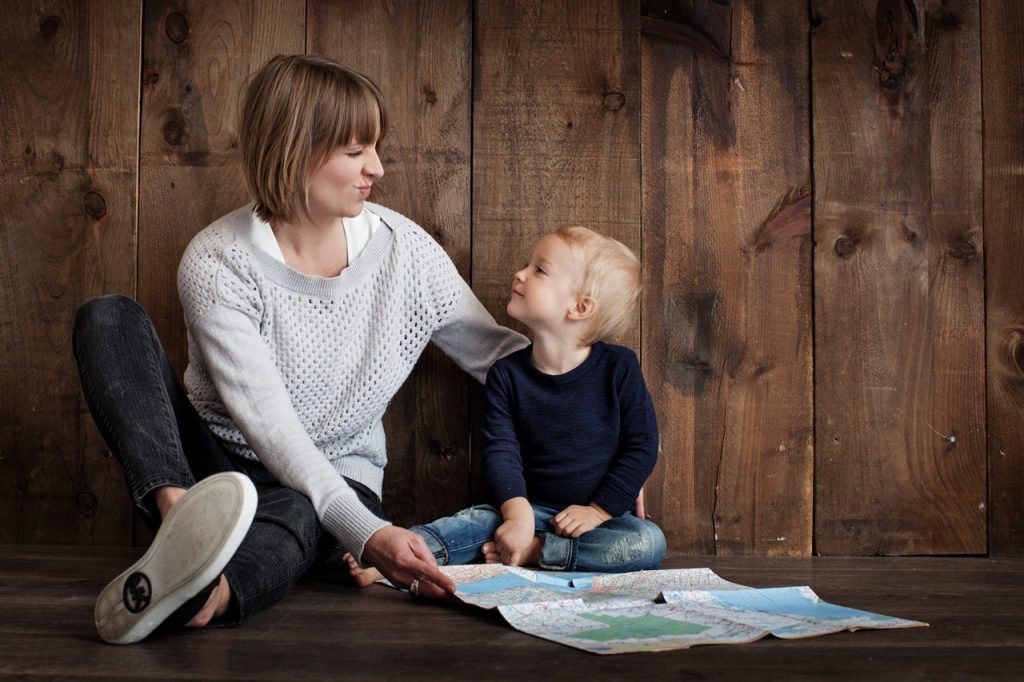
I knew I didn’t want to repeat the abusive patterns I’d learned in my own childhood, and yet… Too often, I found myself doing exactly that, much to my despair.
Learning about unschooling gave me a powerful new perspective on parenting.
I was committed to reaping all the benefits I could from this new approach. Instead of nagging about the workbooks I’d carefully selected, I just left them out and let my son doodle or play with them as he pleased.
I actively tried to say YES to the things he asked for as often as possible, even when they were a little more expensive, inconvenient, or messy than I preferred.
Instead of looking for ways to make him comply to my wishes, I looked for ways to connect with him–wherever his interests led.
We watched TV shows together, and I worked hard to quit scrutinizing his choices for what I deemed “educational content”.
Instead of teaching him how to form letters, I’d just draw pictures next to him. Sometimes he’d ask me to write a word or a letter, and I did so–while biting back my urge to start telling him about phonics and quizzing him on the alphabet.
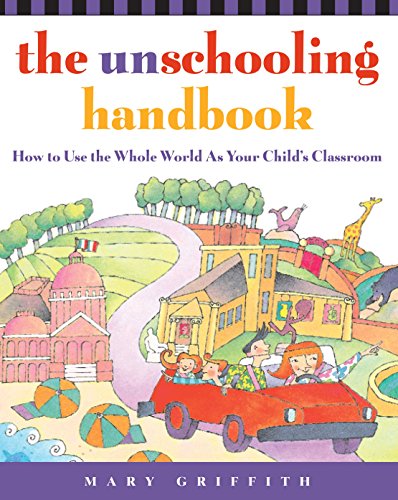 Get this amazing book here on Amazon!
Get this amazing book here on Amazon!
Don’t get me wrong–it was incredibly difficult to un-learn these things and to change my own habits! It’s still happening to this day, honestly.
A good unschooler is always learning, always questioning…
Our culture actively pressures parents to create pseudo-geniuses as young as possible. Also, it was deeply enmeshed in my own upbringing that to be academically successful was the ultimate goal in life, superior to all.
I shifted my focus away from trying to create “an educated child”, and started to fully accept the wonderful, intelligent child he already was.
I worked on trusting that learning would happen, even if it wasn’t going to look like what I’d been conditioned to expect–and he began to thrive.
As we became more familiar and comfortable with unschooling, however–deep down, I also had a few nagging worries.
My kids seemed to have problems relating with other children, and an awful lot of rage and animosity between them as siblings.
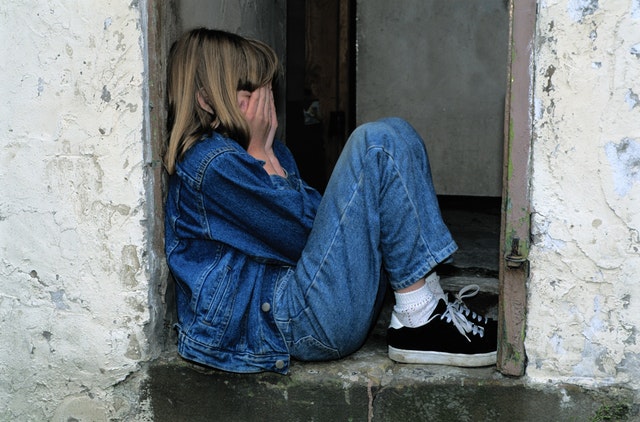
They were also increasingly demanding and inflexible toward me, which was difficult to handle at times. Was unschooling somehow to blame? Or was I?
When I finally stopped to check in with myself, it occurred to me that I felt frustrated, put-upon, and “bulldozed” as an unschooling parent. Furthermore, I suspected that I wasn’t the only one.
There are a fair number of unschooling voices out there who insist that if you’re feeling burnout, you just need to lighten up!
If your style of unschooling is straining your wellbeing (or your partnership) to the breaking point, you just need more love and acceptance, baby!
Sorry, but I call bullshit.
When I was still new at unschooling, I was completely ignoring my own needs, since I was so busy attending to my children’s.
No matter what I did, it didn’t seem like enough, so I just kept trying harder!
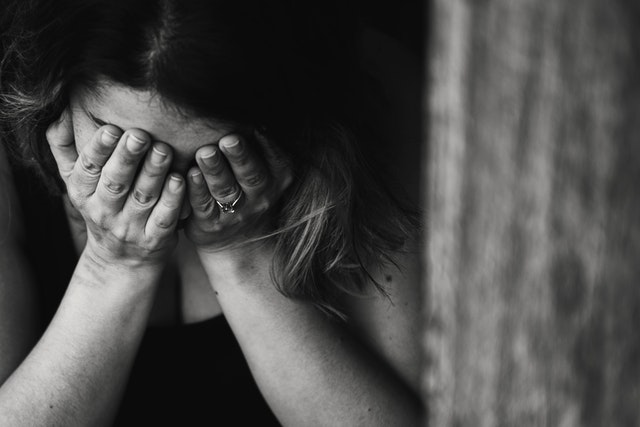
Even as I came to the vague realization that maybe something needed to change, I still believed that I was being terribly selfish and unreasonable to think that.
I thought I just needed to stuff my own emotions for the benefit of the kids–and keep dealing with it.
Now, over ten years later, I’ve shifted my thinking on that topic. My 4-year old baby is now grown, and I can state with confidence:
“No. It doesn’t have to be that way. Unschooling should feel good for the whole family, and my wellbeing matters, too.”
But the trick is, HOW exactly do we get to that point?
This article is part 2 of a series…subscribe to read the next installment!


